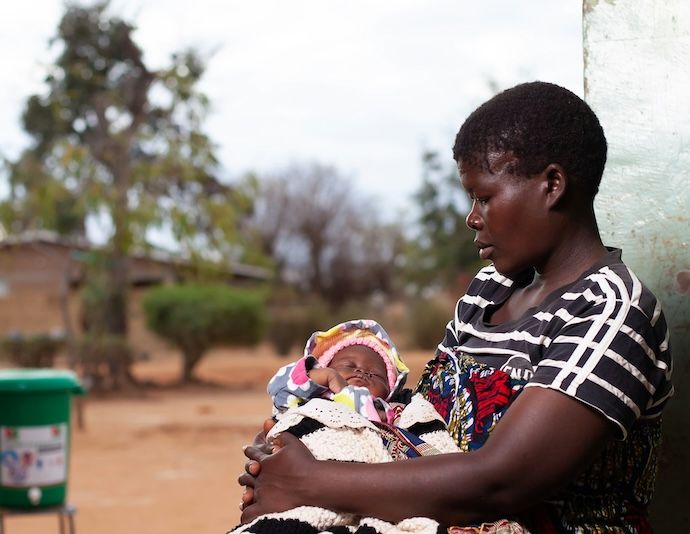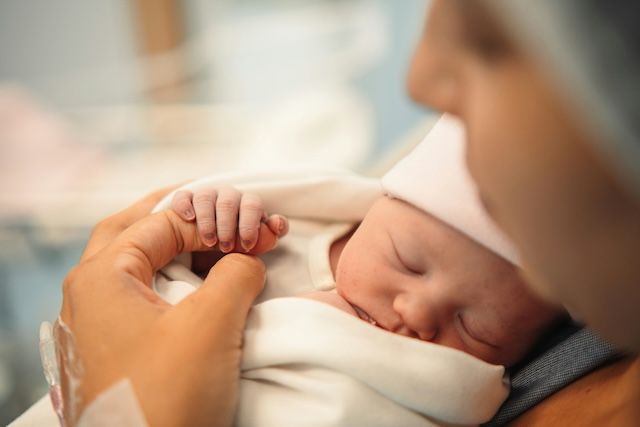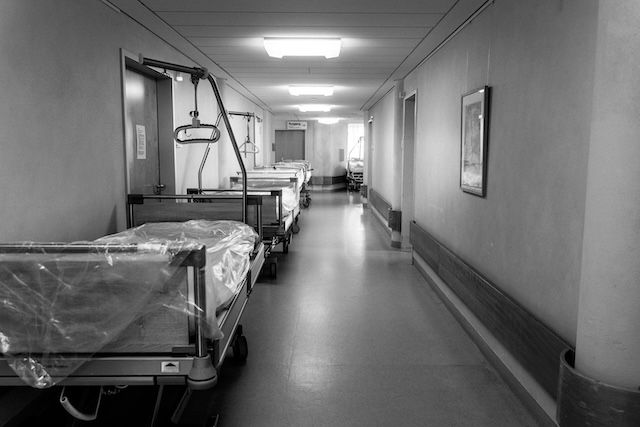Rwanda Launches ‘AIM for Change!’ to Strengthen Midwifery Workforce
Rwanda launches ‘AIM for Change!’ with India and UNFPA, boosting midwifery education to cut preventable maternal deaths.
Rwanda has taken a significant step towards improving maternal health outcomes with the launch of a new South-South Cooperation initiative, ‘AIM for Change!’. The programme, unveiled on May 20 by the High Commission of India to Rwanda in partnership with Rwanda’s Ministry of Health and the United Nations Population Fund (UNFPA), is designed to accelerate the professionalisation of the midwifery workforce and reduce preventable maternal deaths.
The context: maternal health challenges
Rwanda has made progress in recent decades in reducing maternal mortality, yet challenges remain. According to national figures, the maternal mortality ratio (MMR) declined from 210 to 203 deaths per 100,000 live births between 2015 and 2020. However, the country still falls short of the Sustainable Development Goal (SDG) target of fewer than 70 deaths per 100,000 live births. Health authorities acknowledge that the shortage of midwives remains one of the biggest obstacles to achieving further progress.
Currently, a single midwife in Rwanda may be responsible for assisting up to 10 women in labour at once, a ratio far from the recommended standard of two midwives per delivery. The shortage is particularly critical in rural areas, where health infrastructure is limited and access to emergency obstetric care is restricted. This human resource gap is compounded by insufficient training opportunities and a lack of advanced education pathways for midwifery professionals.
The ‘AIM for Change!’ initiative
Funded through the India-UN Development Partnership Fund—a $150 million commitment by the Government of India targeting 65 countries across the Global South—the initiative supports Rwanda in expanding midwifery education, leadership, and service delivery. The programme is expected to benefit around 500 students, from diploma to doctoral levels, through scholarships, enrolment expansion, and access to a standardised, simulation-based midwifery curriculum.
The initiative also aims to strengthen midwifery leadership through partnerships with the Rwanda Association of Midwives and capacity-building initiatives at national level. Simulation-based training will allow students to practice in controlled environments, enhancing clinical competence before entering maternity wards. By creating a pipeline of well-trained professionals, Rwanda seeks to reduce the heavy caseload borne by existing midwives and ensure safer births across the country.
 [Up:] Photo by Richard Nyoni [:Up]
[Up:] Photo by Richard Nyoni [:Up]
Expanding training capacity
Until recently, Rwanda’s universities enrolled fewer than 100 new midwifery students each year. With ‘AIM for Change!’, enrolment is set to increase significantly, helping the country to scale up its midwifery workforce to approximately 2,800 professionals. This expansion aligns with Rwanda’s “4x4 Initiative,” which aims to quadruple the number of healthcare workers in four years as part of a broader strategy to meet rising demand for medical services.
Professor Valentine Nirere, Rwanda’s Minister of Education, described the initiative as pivotal for national development. She stressed that investing in midwifery education not only saves lives but also strengthens the entire healthcare system. “By building the capacity of midwives, we empower women, families, and communities. This is a cornerstone of Rwanda’s progress,” she noted during the launch ceremony.
South-South Cooperation in action
For India, the programme represents a milestone in its South-South Cooperation strategy. By sharing resources and expertise, India seeks to contribute to the development of partner nations in Africa, Asia, and Latin America. The High Commission of India highlighted Rwanda as an example of how targeted investment in health professions can accelerate progress toward global health goals. UNFPA also praised the initiative, underlining the importance of political leadership in tackling maternal mortality and building resilient health systems.
Broader impact
Maternal health experts argue that strengthening midwifery is one of the most cost-effective ways to reduce preventable deaths. Research by the Lancet Midwifery Series has shown that well-trained midwives can deliver 87% of essential maternal and newborn health services. In Rwanda, where geographic and economic barriers limit access to hospitals, empowering midwives is crucial to reaching underserved populations.
The initiative arrives at a critical time, as the COVID-19 pandemic and other health crises have strained Rwanda’s resources and disrupted maternal health services. By expanding education and support for midwives, Rwanda aims not only to recover lost ground but also to accelerate progress towards SDG 3, which targets improved health and well-being.
Looking ahead
‘AIM for Change!’ illustrates how international partnerships can play a transformative role in addressing maternal health challenges. With India’s financial support, UNFPA’s technical expertise, and Rwanda’s political commitment, the programme is expected to build a stronger, more sustainable midwifery workforce. If successful, it could serve as a model for other countries in the Global South facing similar shortages.
As Rwanda invests in the future of its midwives, the ultimate goal remains clear: to ensure that no woman dies from preventable causes during pregnancy or childbirth.
Source: AllAfrica





